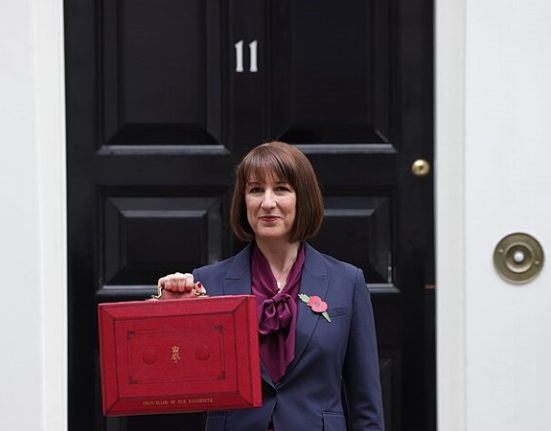Plans to overhaul the electricity market for England, Wales and Scotland may result in an additional £3 billion on domestic household bills over a 20-year period, according to the government’s clean power advisor.
What is being planned?
The proposed introduction of zonal electricity pricing follows an upcoming auction for renewable energy subsidy contracts. Zonal energy markets aim to incentivise high-energy users, such as data centres, to relocate to regions with abundant energy supply and lower costs, like Scotland and the North of England.
This initiative is intended to reduce the need for grid infrastructure to transport power to the south of the country and prevent wind farms from being paid to shut down when renewable energy threatens to overwhelm the grid.
Critics argue that areas with high energy supply relative to demand will experience lower market prices, while areas where demand exceeds supply will face higher market prices.
Driving up costs
The uncertainty surrounding zonal electricity pricing could lead developers of renewable energy projects to demand higher subsidies to mitigate the risk associated with increased project costs in remote areas.
These subsidies are financed through household electricity bills. According to independent sources, the higher cost of the proposed fifteen-year contracts with developers is likely to negate any benefits of the scheme.

Government plans and public opinion
Ed Miliband, Secretary of State for Energy Security and Net Zero, aims to double Britain’s onshore wind capacity, triple solar capacity and quadruple offshore wind farms to establish a clean power system by 2030.
Of 3,000 adults surveyed by Renewable UK, two-thirds said zonal electricity pricing was unfair. Three-quarters said the government should prioritise reducing energy costs uniformly across the country, rather than implementing zonal pricing.
Experts question the timing of introducing such a policy. While they support the 2030 clean power mission, they suggest that the government should first focus on coordinating efforts across industry and government to mobilise significant investments in power generation and transmission capacity before contemplating zonal energy pricing due to the potential risks to market participants.







